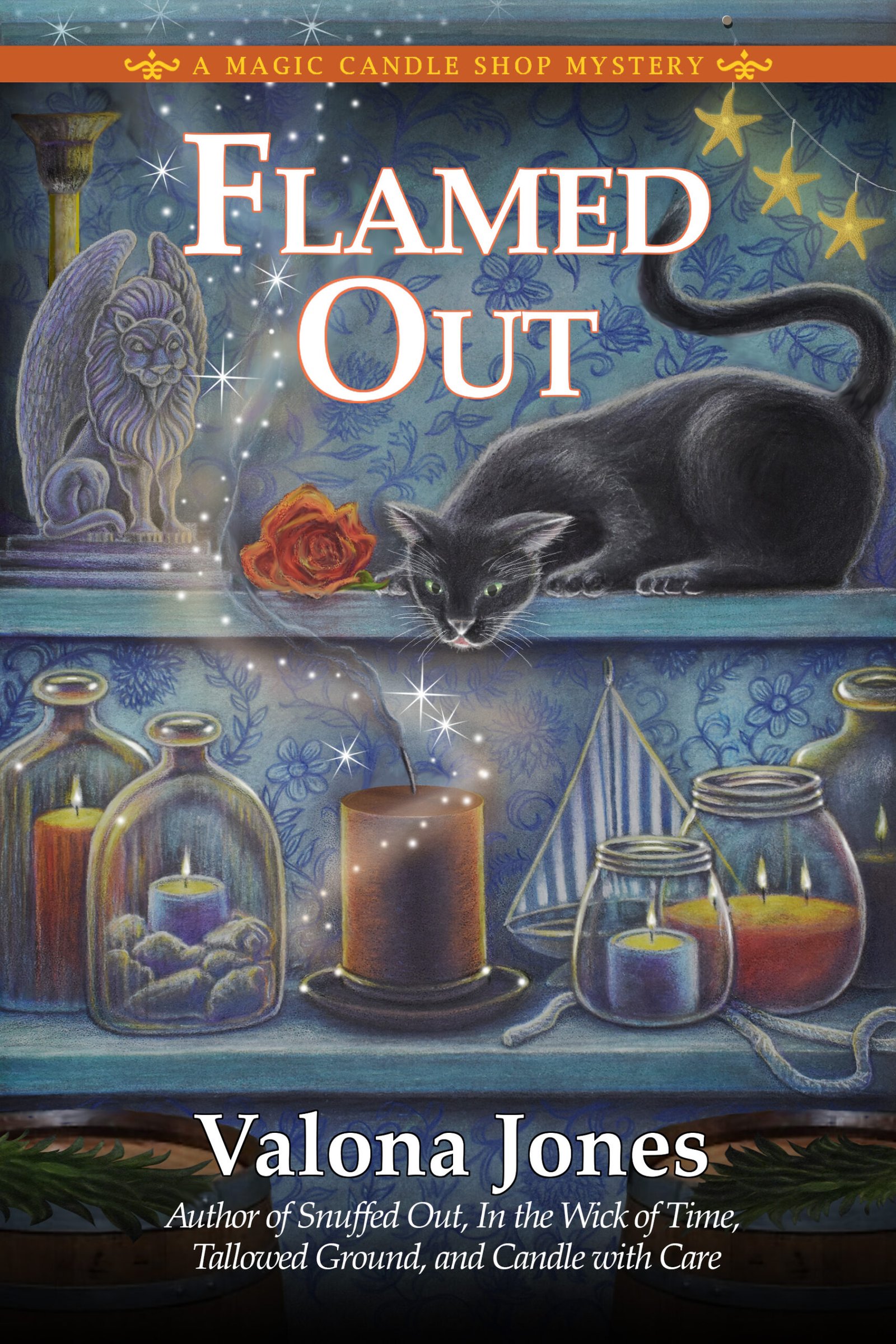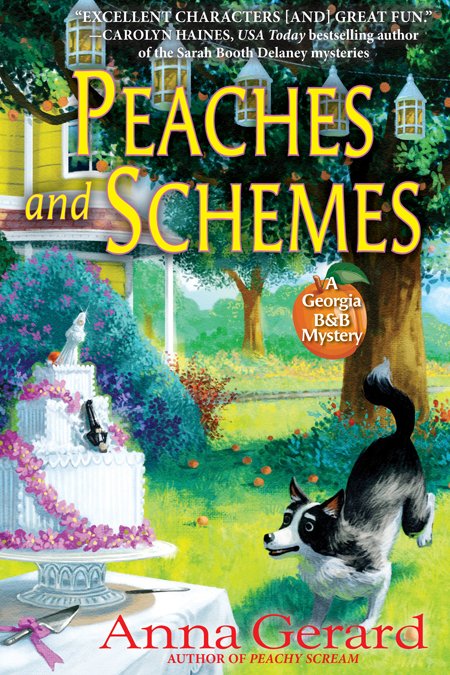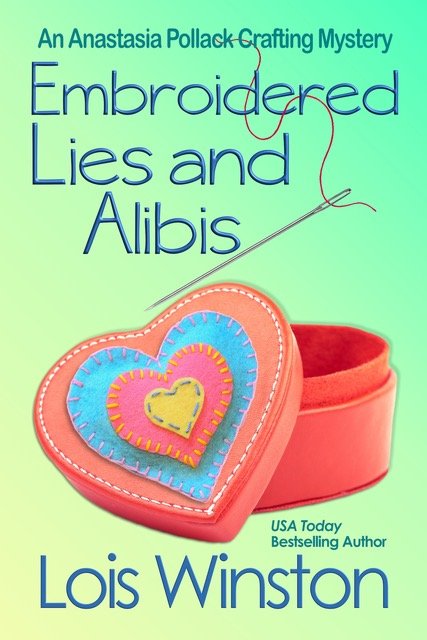Let’s Talk with Fiona Quinn
Booklover’s Bench authors welcome this week’s guest, Fiona Quinn. Be sure to read the entire post to find out how to win a copy of her newest book, Weakest Lynx.
I like Mary Sue – Don’t You?
 I am getting ready to visit Richmond, Virginia for RavenCon where I’ve been invited to sit on the panel discussing why everyone hates Mary Sue. I honestly didn’t know that was a thing. So I researched it, and people do indeed have issues with strong female characters that they see as “too perfect.”
I am getting ready to visit Richmond, Virginia for RavenCon where I’ve been invited to sit on the panel discussing why everyone hates Mary Sue. I honestly didn’t know that was a thing. So I researched it, and people do indeed have issues with strong female characters that they see as “too perfect.”
Mary Sue Poots, now known as Skye from Marvel Comics fame, is apparently too much of a good thing. She’s attractive, intelligent, athletic, and (like the many other Marvel characters who are part S.H.I.E.L.D.) has a special trick up her sleeve.
But people don’t hate Captain America, so why hate poor Mary Sue? I mean – she is kind of fabulous.
Mary Sue-like qualities are now showing up in modern culture for little girls to emulate. Instead of the damsels-in-distress, requiring a man to step in and save the day of Disney’s past; for the little ones, there’s Merida from Disney’s Brave movie. In literature, YA readers can look to Katniss Everdeen from Hunger Games. (Some people include Bella from Twilight – but I can’t see it. And she’s one of those characters that gets the Mary Sue thumbs down – I agree with the thumbs down but not the Mary Sue part.)
I have found that female protagonists with Mary Sue-like qualities are not much different in their level of attractiveness, cunning, and specialized skillsets than popular male heroes such as Elvis Cole in Robert Crais’ books; Jack Reacher from Lee Child’s books; or from Tom Clancy and his Jack Ryan. And the list goes on. Personally, I think it’s fine for women characters to show up as capable and as attractive as their male counterparts, as well as show vulnerabilities and grow through their story lines.
 Recently, I’ve come upon a slew of books that have a starring role for what might be termed a Mary Sue-type character. Even in romance when I read Amy Jarecki’s Highland Knight’s Desire, her Lady Meg is lovely, smart, strong-willed, and has life-saving fighting skills. In New York Times bestseller Allan Leverone’s newest book, The Omega Connection, for example, he has a five-foot tall spitfire of a heroine in his Tracie Tanner. Leverone says, “I love writing strong women for the exact reason that they’re easy to underestimate, and it makes their eventual triumph that much sweeter. Does anybody doubt big, hulking Jack Reacher is going to get the better or his rival? But when the protagonist is a petite woman, it’s very believable for the bad guys to overlook her…much to their eventual chagrin.”
Recently, I’ve come upon a slew of books that have a starring role for what might be termed a Mary Sue-type character. Even in romance when I read Amy Jarecki’s Highland Knight’s Desire, her Lady Meg is lovely, smart, strong-willed, and has life-saving fighting skills. In New York Times bestseller Allan Leverone’s newest book, The Omega Connection, for example, he has a five-foot tall spitfire of a heroine in his Tracie Tanner. Leverone says, “I love writing strong women for the exact reason that they’re easy to underestimate, and it makes their eventual triumph that much sweeter. Does anybody doubt big, hulking Jack Reacher is going to get the better or his rival? But when the protagonist is a petite woman, it’s very believable for the bad guys to overlook her…much to their eventual chagrin.”
I agree with Leverone and the idea that power can hide in plain sight is a major theme in my new book Weakest Lynx where I developed a decidedly Mary Sue-like heroine, Lexi Sobado.
 Strong, attractive, accomplished women are everywhere in society (I raised three of them myself), and I like to see that physical, intellectual, and emotional strength portrayed in the women in the movies I’m watching and the books I read. I have never been anti-Mary Sue. But that doesn’t mean that people can’t harbour an anti-Mary Sue bias. I’d love to know your thoughts on this subject. What qualities do you like to read about in your book’s female characters? How much is too much when it comes to being “special”?
Strong, attractive, accomplished women are everywhere in society (I raised three of them myself), and I like to see that physical, intellectual, and emotional strength portrayed in the women in the movies I’m watching and the books I read. I have never been anti-Mary Sue. But that doesn’t mean that people can’t harbour an anti-Mary Sue bias. I’d love to know your thoughts on this subject. What qualities do you like to read about in your book’s female characters? How much is too much when it comes to being “special”?
Thank you for sharing your thoughts. When you do, your name goes into a raffle for a Kindle copy of Fiona’s newest book, Weakest Lynx, where Lexi Sobado is hounded by a stalker – and to keep you safe, she will also send along a Swiss-Tech BodyGard Personal Alarm.
You can catch up with Fiona Quinn on her popular blog, ThrillWriting
Or on Facebook and Twitter look for Fiona Quinn Books.
Posted in Let's Talk • Tags: BLB Discussion | 12 Comments







Thanks for joining us on our bench, Fiona. Perfect characters can be boring, although there’s nothing wrong with strong characters, male or female. One way authors can avoid overdoing a “Mary Sue” is to make sure those necessary skills she has are properly foreshadowed so they don’t come across as, “my, how convenient” and turn readers off.
I agree – heroines can be extraordinary creatures AND they didn’t get there magically (well usually not – there are some poisonous spider bites and such). If the protagonist earned a skill, she can use it. But if she isn’t showing a skillset from the toolbox that she’s already displayed – pulling a magic trick out of the handbag, if you will – then, for me, I’ve lost faith in the story.
Another point that came out of the panel whether the protagonist engaged in moving the story forward or if the story happened to her the whole time. Bella from Twilight was the example offered of a story happening and being swept away by it without contributing. Readers didn’t like the “and then the clouds parted” kinds of resolution but wanted their heroines to fight for (in whatever form was called for) and win the outcome.
I like for women to have the traits and skills cited in this article. But I think they also need to have some imperfections so that we can identify with the heroine. Once we identify with the character, we begin to care about her and can’t read enough about her!
We all have our achilles heel, to be sure. And it’s good to see others find their way through, under, or around it – it gives me hope for my own situations.
I like seeing a wide range of personalities shine from books… to see characters that show their flaws or their unique abilities… their pluses and minuses that make them themselves!
Agreed – especially when their pluses and minuses aren’t the norm – it gives me something to think about.
Hi Fiona, It’s so great to have you here at Booklover’s Bench. I’ve read both of the books you mentioned, and I agree that the female leads are strong and likeable. Those authors showed great skill in making it all work out. However, I have read books where the protagonist seemed to have a Teflon personality and never did anything wrong. Too much perfection isn’t interesting to me. I enjoy a few flaws here and there. Thoughtful post! Maggie
Cheers! So glad to be here.
This article is so much fun! Of course characters need to have flaws, but when it comes down to the crunch, when all odds are stacked against them, when it looks like there could be no hope…. That’s when our characters do extraordinary things. That’s what I love!
Fiona, thanks for joining us here on BLB. I’m a big fan of flawed characters. Way back in my job-interviewing days, the mantra was have a flaw, but be able to turn it into a strength. I like it when a character’s flaw contributes to the characters problems as well as the resolution.
It’s hard to raise those strong women, but I love seeing strength in my granddaughters. It’s okay for women characters to be feminine, but they don’t have to be weak and clingy. And too much aggressiveness if not balanced by other traits, isn’t that much fun for either men or women characters.
and thanks for the giveaway!